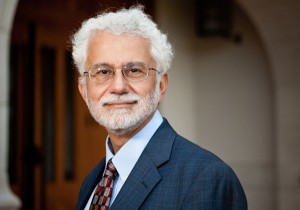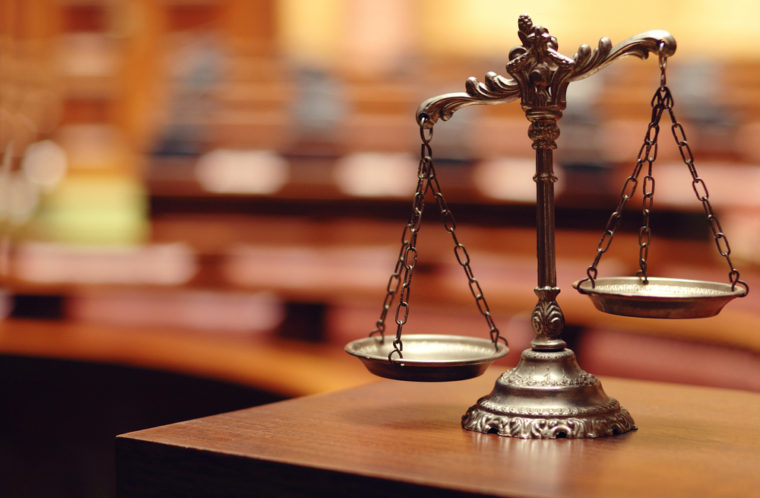The U.S. Supreme Court will decide this term whether a defense lawyer may admit a client’s guilt against the client’s wishes, and it is unlikely that the court will rule against the client, said a criminal law expert at Washington University in St. Louis.
The court is hearing the case of McCoy v. Louisiana, in which Larry English, the trial lawyer of Louisiana death-row inmate Robert McCoy, said the evidence against McCoy was overwhelming and the only way to keep McCoy off death row was to admit his guilt and beg for leniency. In the end, the strategy failed, and a jury sentenced McCoy to death. If McCoy wins in the Supreme Court, he could get a new trial.
The question before the court is whether it is unconstitutional for defense counsel to concede an accused’s guilt over the accused’s express objection.

“I contend that a trial judge needs to be committed to a duty to do justice by ensuring the accused’s right to effective assistance of counsel,” said Peter Joy, the Henry Hitchcock Professor of Law and director of the Criminal Justice Clinic.
“By conceding his client’s guilt, the lawyer in McCoy v. Louisiana violated this most basic of obligations of a lawyer and undercut his client’s wish to maintain his innocence,” Joy said.
In addition to the defense lawyer failing to live up to his obligations, the trial judge in this case also failed to do his job, Joy said.
“The trial judge violated a judge’s duty to do justice by ignoring the defendant’s wishes and allowing the trial to go forward with a defense lawyer who refused to follow his client’s orders and fight the charges,” he said.
In a recent article written for a national symposium on judicial responsibility for justice in criminal courts, Joy demonstrates how a judge’s oath-of-office judicial ethics require a trial judge to safeguard both the rights of the accused and the interests of the public in the fair administration of criminal justice.
“In criminal cases, a judge’s duty to do justice must include ensuring the accused has a meaningful Sixth Amendment right to the effective assistance of counsel, because effective legal representation is essential to a fair trial,” Joy said. “In the current Supreme Court case, the defendant effectively did not have counsel when the defense lawyer conceded his guilt.
“In cases like this, and other cases where it is obvious to the judge that the defense lawyer is not representing the client effectively, the trial judge has to ensure the accused’s right to effective assistance of counsel,” he said.
In McCoy’s case, Joy said, the trial judge should have granted McCoy’s request to have a new lawyer who would try to show that the state could not prove the defendant was guilty.
“If the right to counsel means anything,” Joy said, “it means having a lawyer who will follow your wishes when it comes to admitting guilt.”
